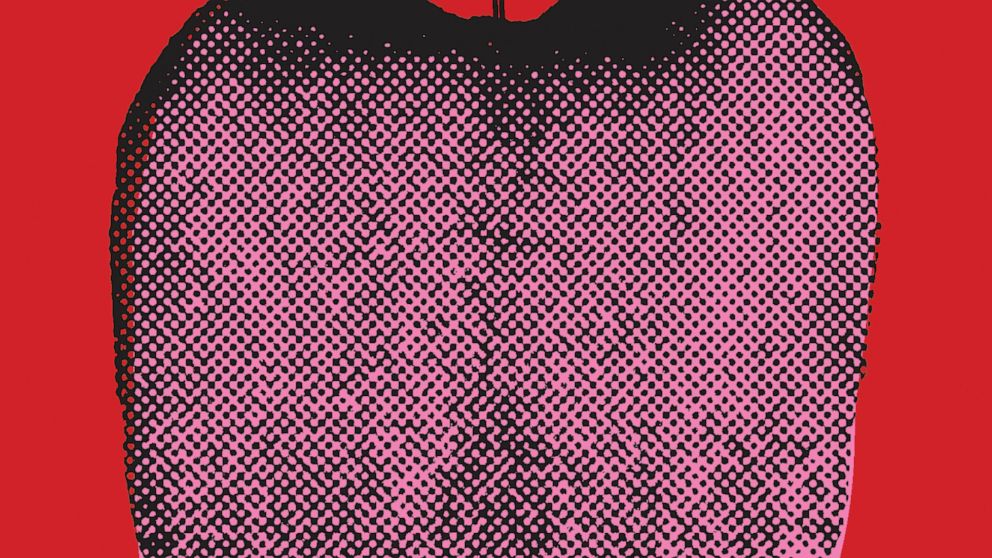
Review: Another side of paradise in Melchor's 'Paradais'
ABC News
The fantasies that distort reality slither through Paradais, the gated community that sets Fernanda Melchor’s garden of Eden and gives her latest novel its name
“Paradais,” by Fernanda Melchor (New Directions)
The fantasies that distort reality slither through Paradais, the gated community that sets Fernanda Melchor’s garden of Eden and gives her latest novel its name. Macabre characters drive the plot and slithering syntax the prose, guiding Melchor’s tale into the shadows of a society locked by chains.
Outcast teenagers Leopoldo Garcia Chaparro, or Polo, and Franco Andrade, or Fatboy, shape the novel’s central collisions. Told from the close third narrator, readers are brought in closer to Polo’s world, the residence’s “muchacho” travels between Progreso, his neighboring village, and Paradais, where he is a gardener. He is “dark skinned and ugly as sin,” according to his mother. Caught between his mother’s domineering control and the ominous drug cartels that slither through Progreso, Polo succumbs draws out his days with Fatboy, one of Paradais’ residents.
Fatboy steals money from his grandparents to buy booze and cheesy snacks, the main incentive for Polo’s company. Besides his porn-addled habits, Fatboy obsesses over his neighbor, Señora Marian, a married woman and mother, who he fetishizes in grotesque detail. Fatboy has “blond curls that made him look ridiculous, like an overfed cherubin; a monstrous manchild whose soulless eyes lit up” only when he sets them on Señora Marian. Portrayed through Polo’s interpretation, readers feel the immense loathing he feels towards Fatboy’s charmed predicament, his luxurious future a spoon-fed assurance. It’s a marked contrast to Polo’s, which is locked in the marred contours of colonial subjugation.
